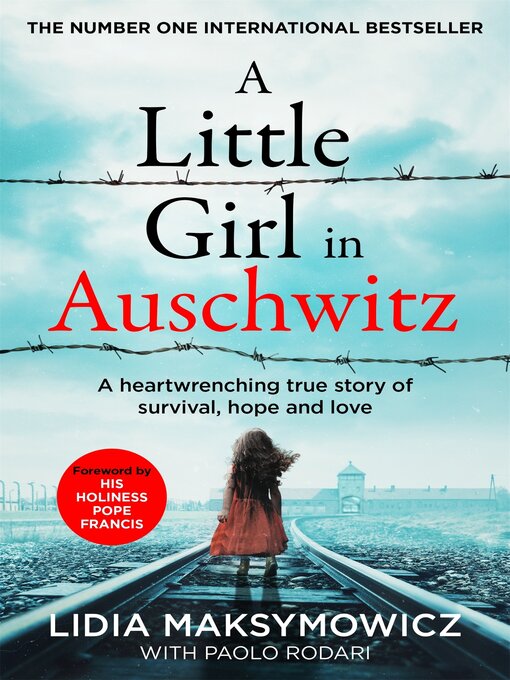'My testimony is that hating doesn't help. Hate only brings more hate. Love, on the other hand, has the power to redeem.'
When Lidia Maksymowicz was just a young girl, her partisan family went into hiding in the forest of Belorussia. It was there that they were arrested and taken to Auschwitz. Lidia was branded 70072, sent to the infamous 'children's block' and subjected to the experiments of Dr Josef Mengele.
Having survived Auschwitz, Lidia was adopted and grew up in the industrial town of Oswiecim. She never gave up trying to find her family. In 1962, seventeen years after the liberation, she discovered that her parents were still alive and that her mother had never stopped searching for her. In Moscow, early-1960s, they were finally reunited.
Lidia has since made it her mission to share her story. In 2021, she made headlines around the world when Pope Francis kissed the tattoo that, once a symbol of separation, led her back to her mother.
The Little Girl Who Could Not Cry is a moving memoir of survival but, above all, the prevailing power of love and hope.
- No wait - Borrow Poorhara today!
- 20 most borrowed Adult Fiction eBooks 2024
- Available now
- New eBook additions
- Most popular
- Travel Guides
- Try something different
- Always Available eBook Classics
- Fantasy Series
- New Zealand Reads
- Life-Changing Reads
- How Have I Not Read This Yet??
- See all ebooks collections
- No wait - Listen to Quicksilver today!
- GraphicAudio - A movie in your mind
- Top 20 Most Borrowed eAudiobook Adult Fiction
- Available now
- New audiobook additions
- Listen to the radio
- Audiobooks narrated by celebrities
- Audio Available Now!
- Fantasy Series
- New Zealand Reads
- Full Cast audiobooks
- Life-Changing Reads
- How Have I Not Read This Yet??
- See all audiobooks collections

